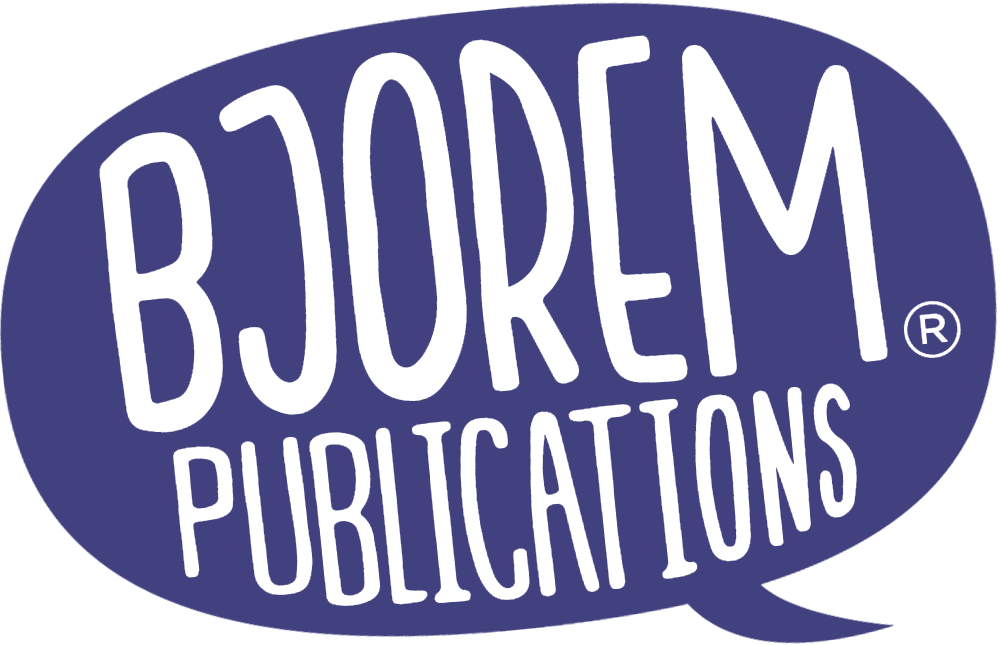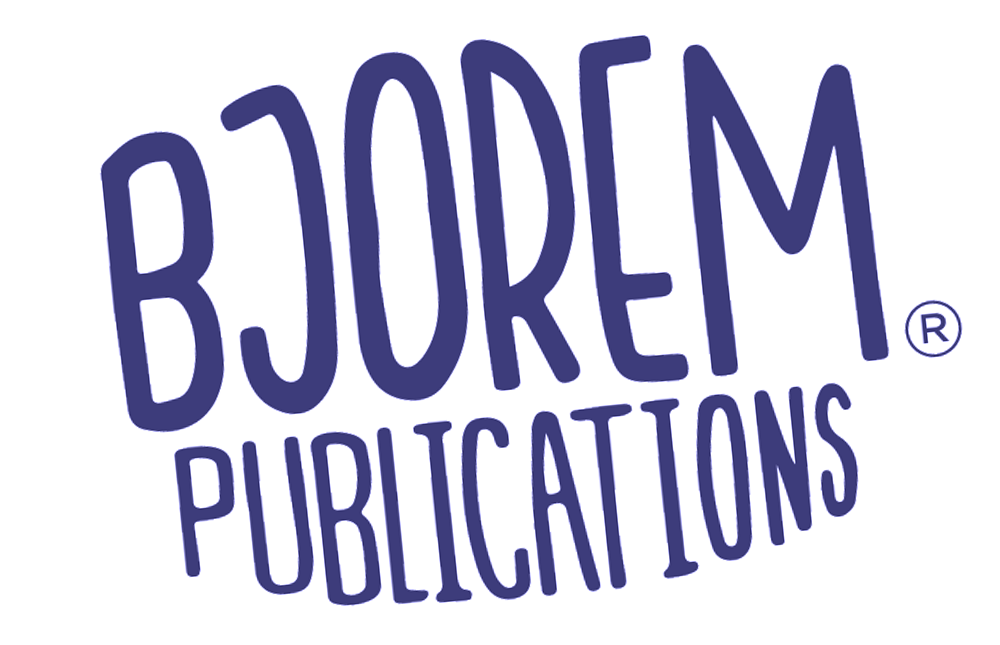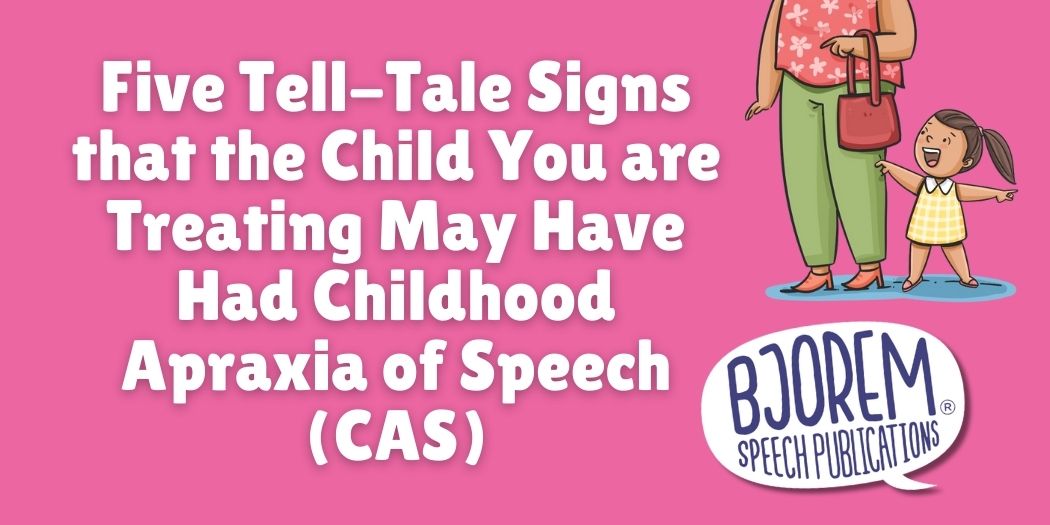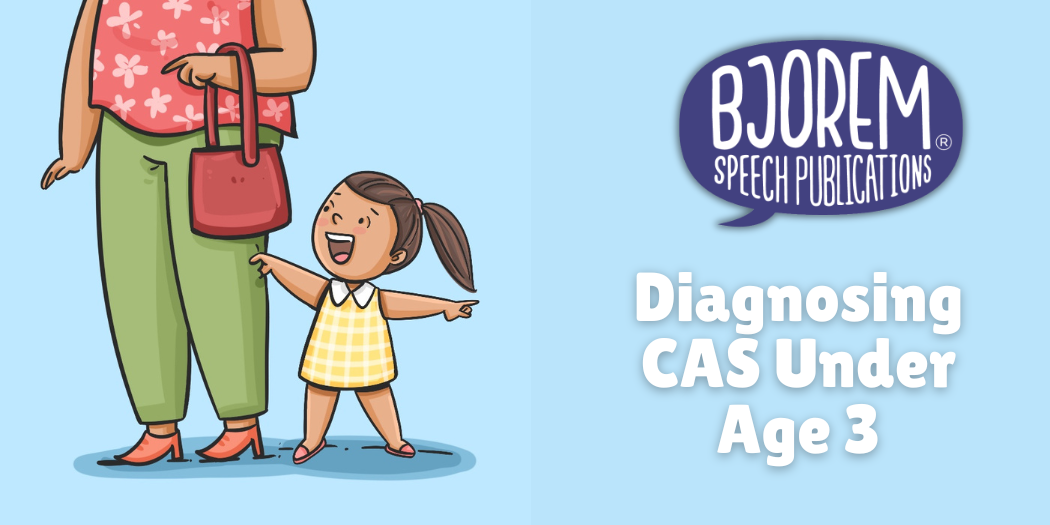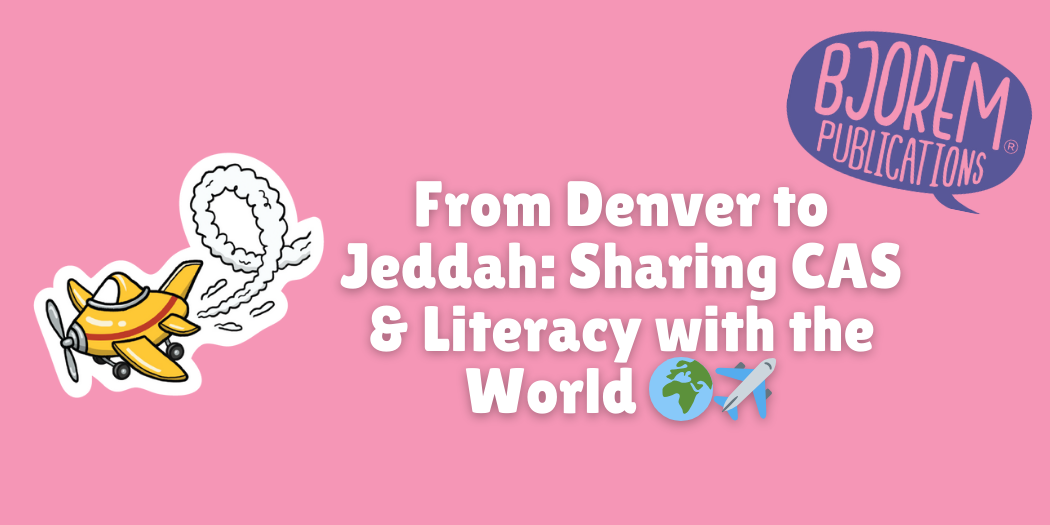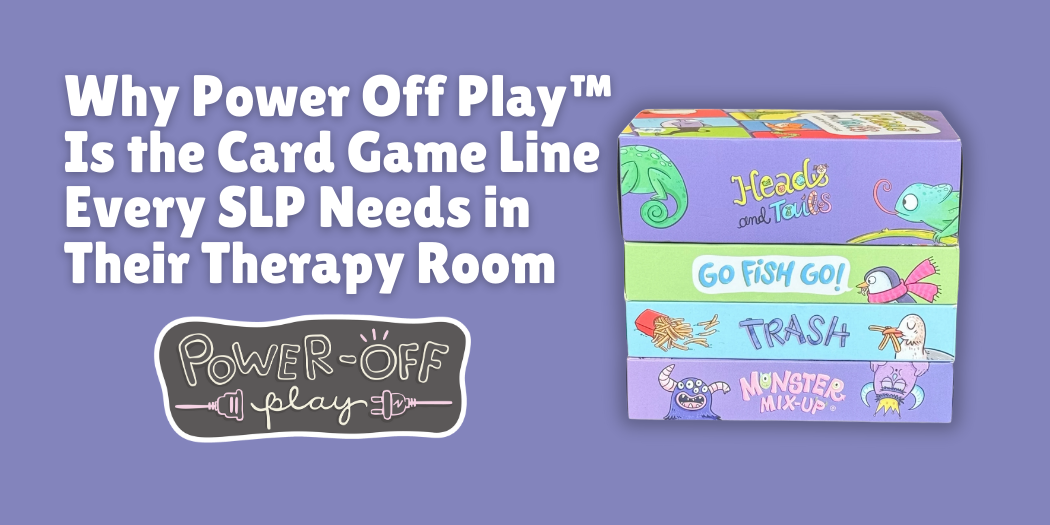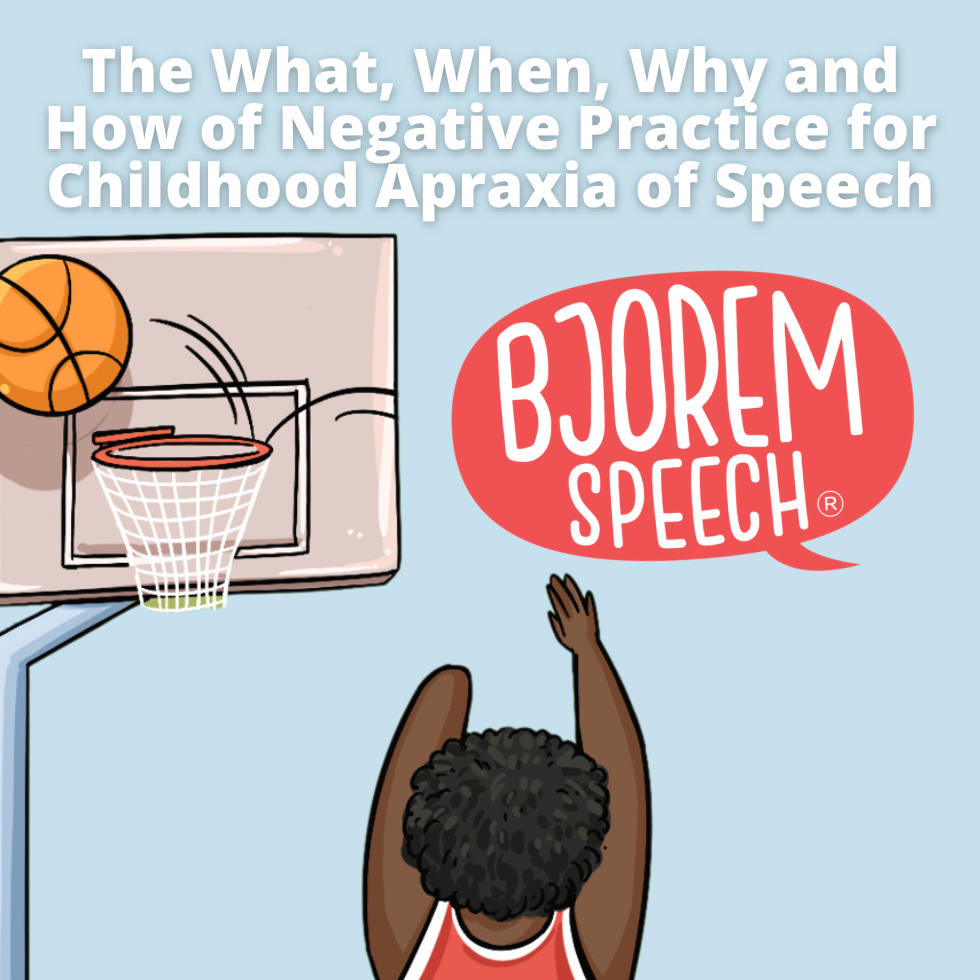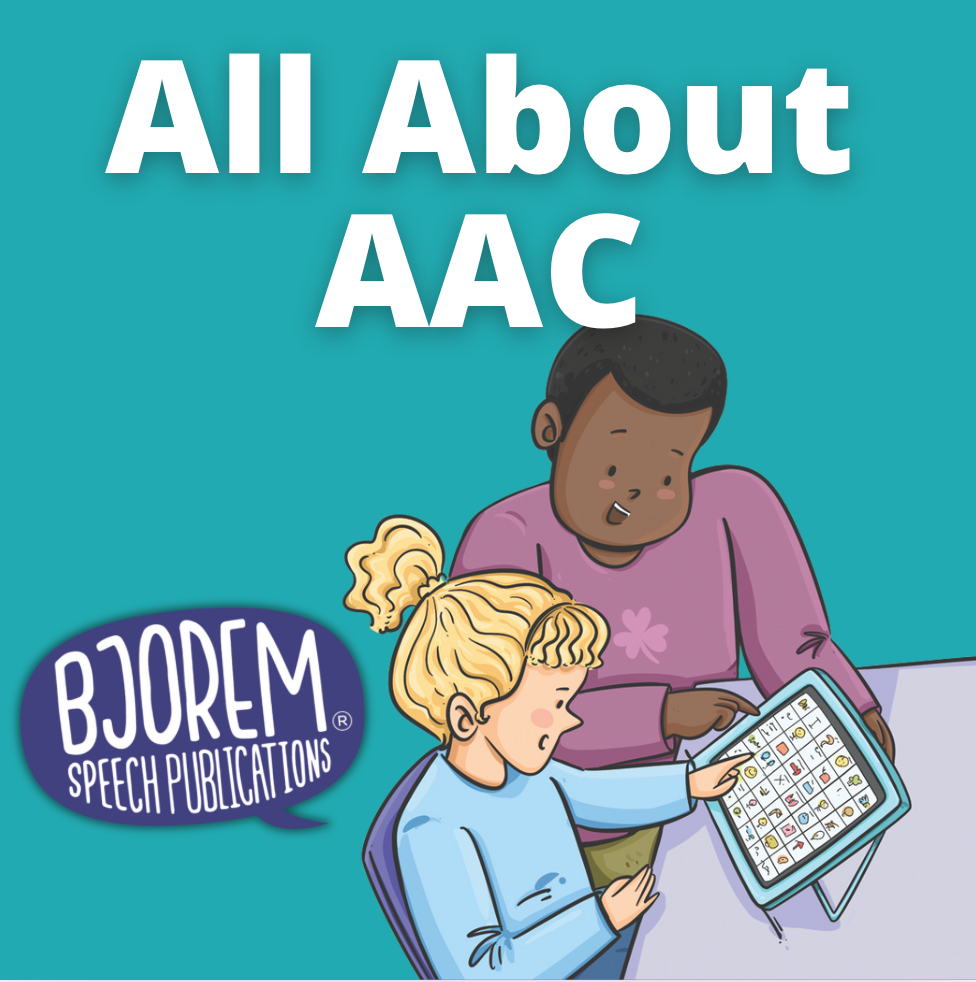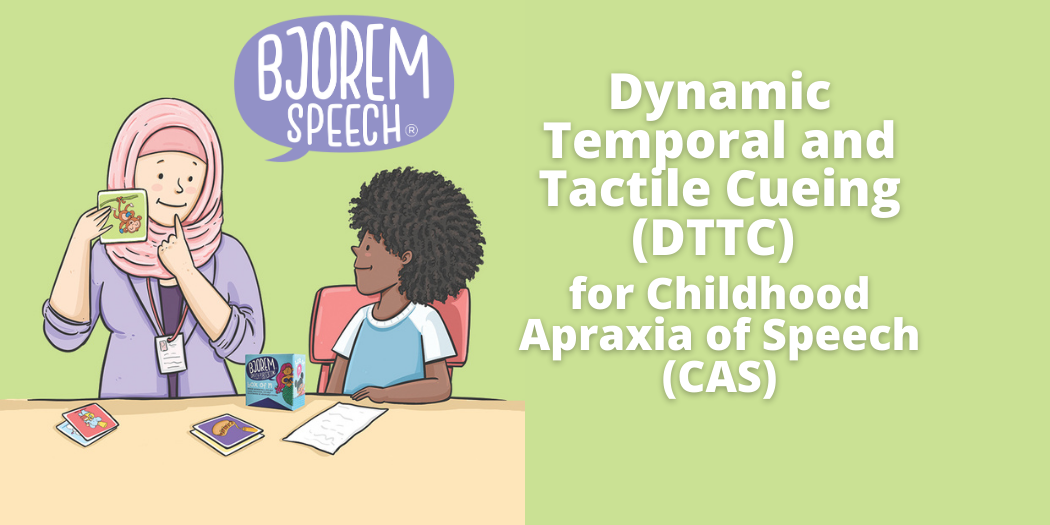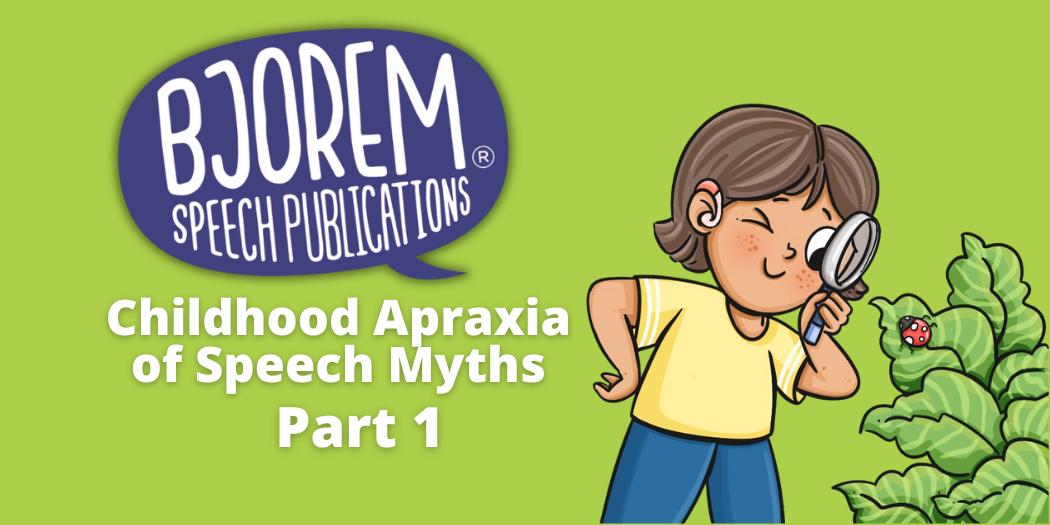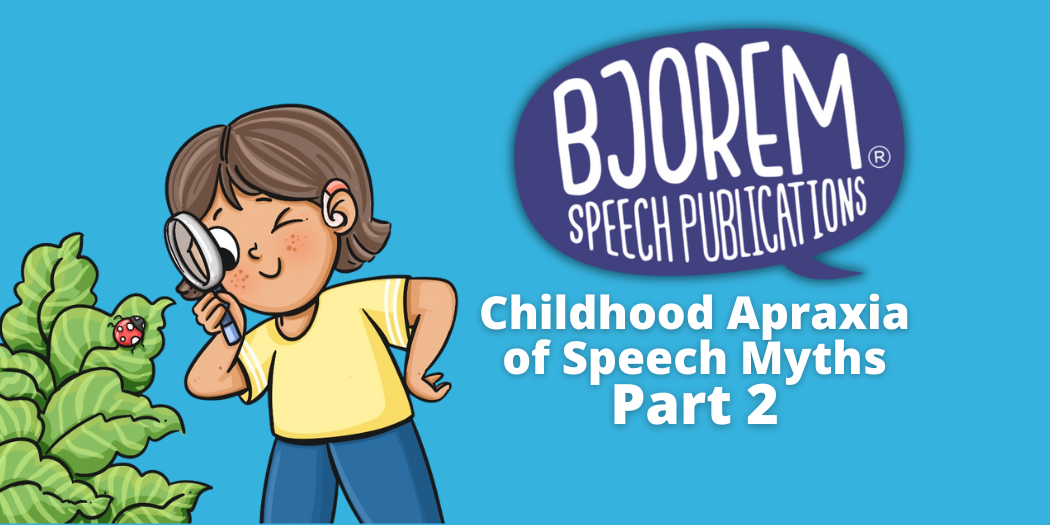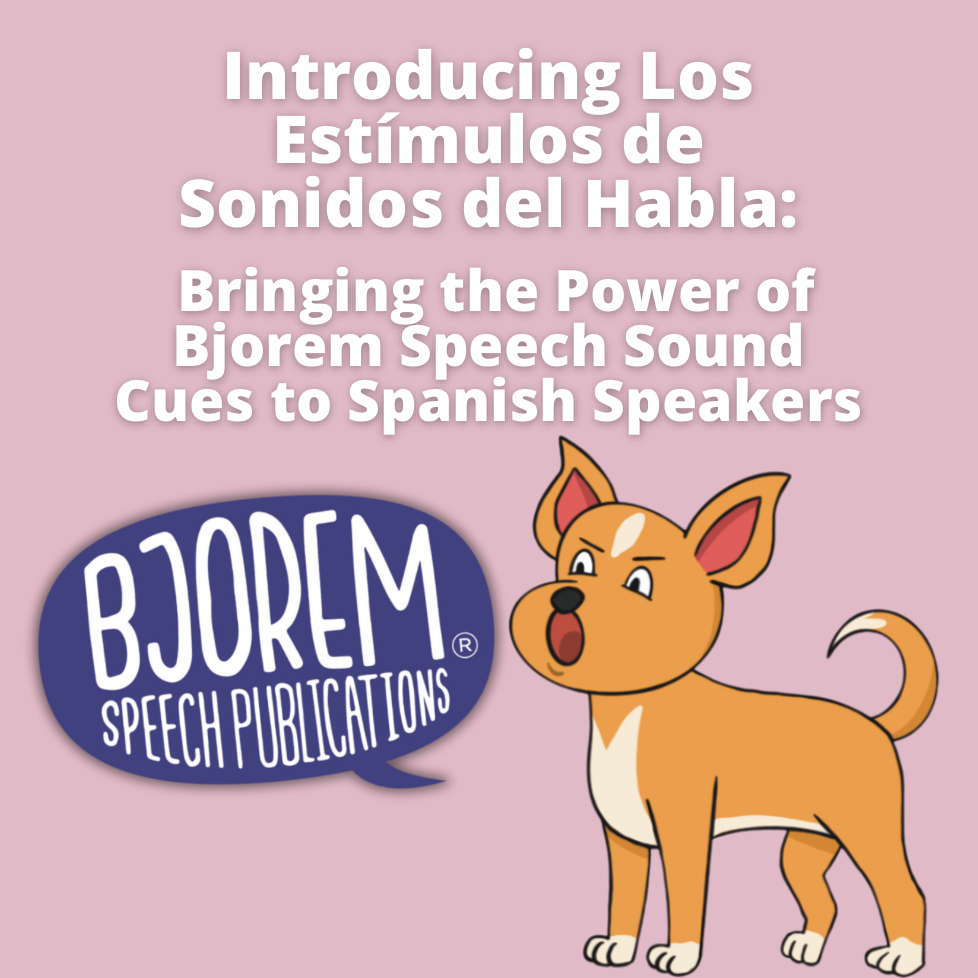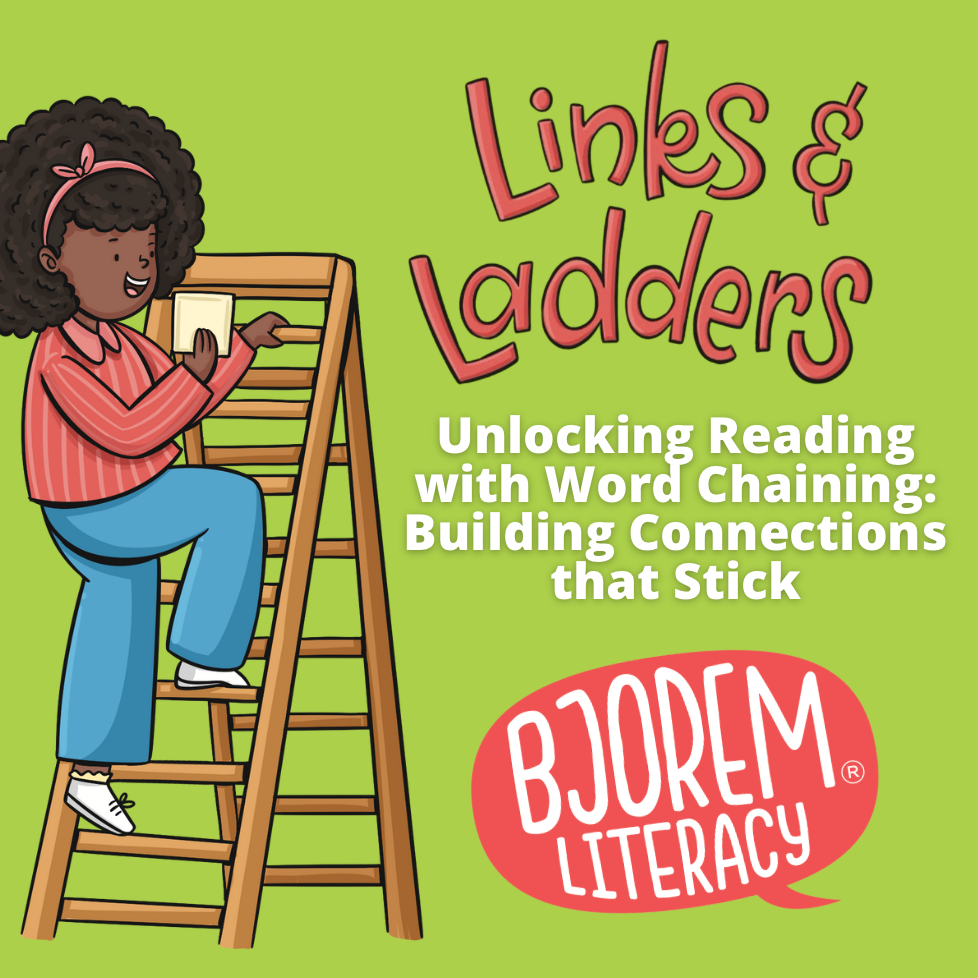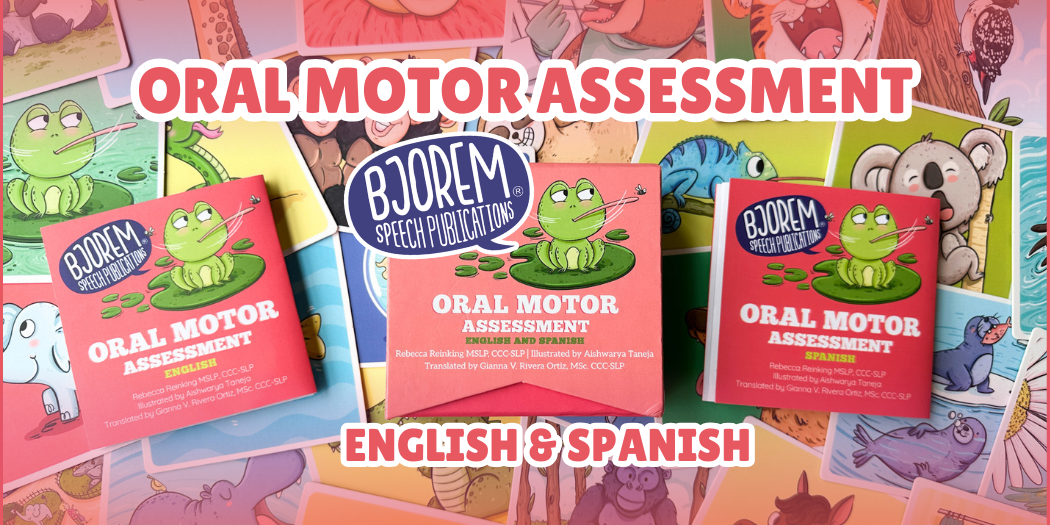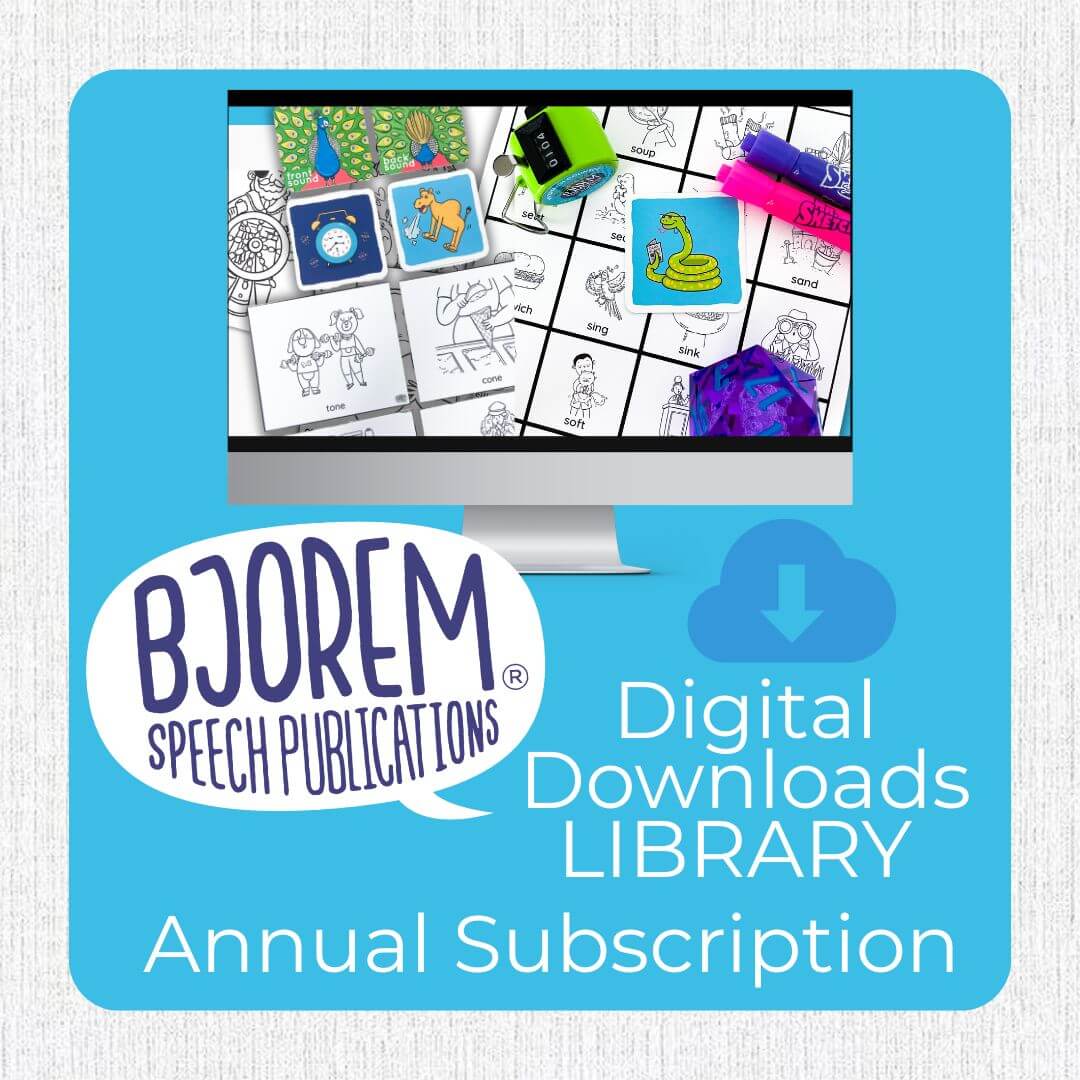Syllables Types: What is a Clover?
Before we dive into syllable types, it’s important to understand what a syllable actually is. A syllable is a word or part of a word with one vowel sound. We say one vowel sound because some syllables may have two vowels in them (e.g., rake, book), but those only make one vowel sound.You often times will see students clap out syllables as a way to mark syllables. Because a vowel is a speech sound where there’s no obstruction in our aticulators, our mouth usually opens and our chin drops. To identify and count syllables I like to have my hand under my chin and count every time my chin drops.
Understanding the definition of vowels can help us to read and spell effectively. It’s important to remember that spoken syllable types and division are different from written syllable types. For example, take a look at the word "laboratory." When we pronounce the word, we most likely say /læbɹətɔɹi/ (4 syllables). However, when decoding this word for the first time (or dividing it into syllables to spell the word), you would likely divide the word la-bor-a-tor-y (5 syllables).
According to Louisa Moats, "In speaking, we tend to place consonant phonemes at the beginning of the next syllable, instead of tacking them on to a vowel," as in the chart below.

There are six syllable types. Knowing the syllable types, their definition, their vowel sounds, and their exceptions are vital for efficient reading and writing.
The acronym CLOVER can help us remember the 6 syllable types.
- A closed syllable is a word that ends in one or more consonants and has a short vowel sound. For example, dog (ends in one consonant), bath (ends in a digraph), and burst (ends in a consonant cluster). Closed syllables can also be rab-bit (two closed syllables), fac-tor (first syllable), and pro-test (second syllable). Yes, there are exceptions! Words that end in ind, old, ost, oll, and ild are all exceptions. They look like closed syllables, but the vowel sound is long as in kind, cold, most, troll, and wild.
- CLE- consonant LE syllables is a final stable syllable that consists of a consonant, the letter l, and a silent e. These ONLY occur at the end of words (unless you have a suffix). If you recognize the silent e, l, and a consonant, try following the rule “CLE, circle back 3.” This will show you where to divide the word and identify the final CLE as its own syllable. Examples include un-cle, pic-kle, bab-ble, sta-ble, and fid-dle.
- Open syllables end with one vowel and the vowel sound is long. Remember here that y at the end of a word acts as a vowel. Open syllables can be in one-syllable words like he, go, and fly. They can also be in multisyllabic words like ti-ger (first syllable) and hy-poth-e-sis (first syllable).
- A vowel team is when two vowel sounds come together to make one new sound. You can have one vowel team that makes more than one sound. For example “oo” makes different sounds in the words boo and book. You also have more than one vowel team representing one vowel sound. For example, ai, ay, ea, and ey all make the long a sound (sail, away, steak, and they). Lastly, the letter w can act as a vowel team with the letters o and a. For example, ow can be in words plow and snow.
- A silent E syllable (also called sneaky e) is when there is one vowel, one consonant, and a silent e. The final e makes the vowel sound long. Silent e words include bake, hike, eve, home, mule, and rude. There are certainly other words with a silent e (give, bathe), but these follow different rules and don’t always make the vowel sound long.
- Lastly, an R-controlled syllable has a vowel followed by the letter r and it makes a new sound. These include ar, er, ir, ur, and or. Did you know all of these r-controlled syllables make the motorcycle sound? Her, bird, hurts, beggar, and doctor all have the motorcycle sound. Ar most frequently says the pirate sound as in car, and or most frequently says /or/ as in for.
Hope you enjoyed this fun literacy post! Let me know what else you want to know about literacy by sending me an email: lauren@bjoremspeech.com with subject line "CLOVER Blog Post"
